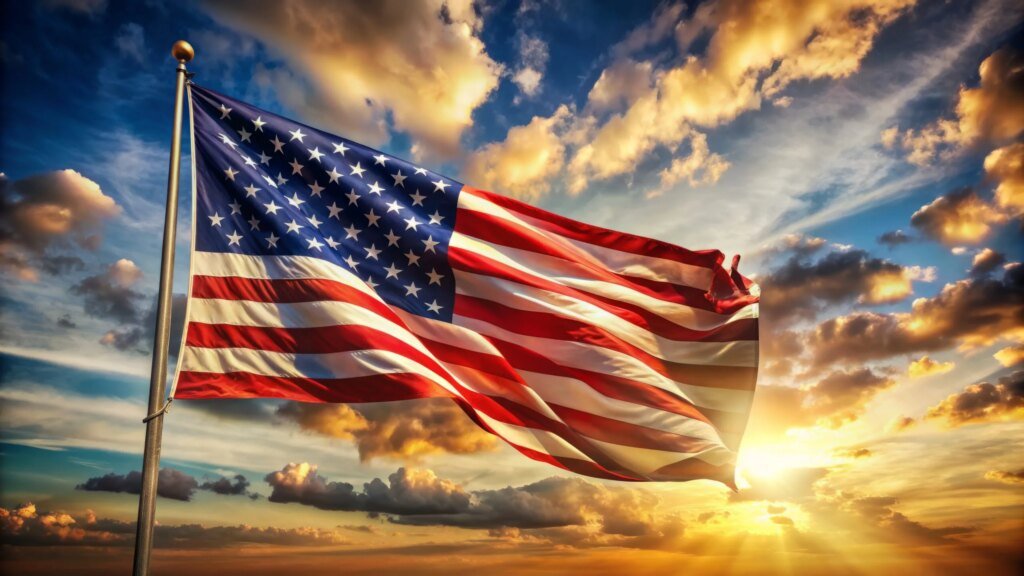The Importance of History in Today’s Politics
There’s a common saying that those who fail to remember history are doomed to repeat it. George Santayana’s warnings have echoed through time, almost like fundamental truths. However, perhaps it’s even more complicated than that. History repeats itself not merely through forgetfulness but because it aligns with our human instincts.
Even when we recall past events, we often fall prey to the same pitfalls: the thirst for power, the weight of pride, and the shadows of greed. These elements of human nature fuel governments that wage wars, collapse nations, and corrupt empires. Thucydides chronicled the Peloponnesian War over 2,500 years ago, noting that the motives behind human actions—existence, fear, and interest—remain as relevant today. If you replace Athens and Sparta with Washington and Moscow, not much needs changing in the narrative.
This backdrop makes our current political landscape particularly disconcerting. Leaders seem aware of the path division paves. We consume stories warning us of the fractures that led to Rome’s downfall, the sectarian violence in Europe, and the civil strife that divided our own country. Yet, here we are, witnessing leaders exhibiting anger towards wisdom, proudly rejecting compromise, and prioritizing power over ethical principles. It’s not likely they’ve forgotten history; rather, they perhaps think it doesn’t apply to them.
In some sense, human nature speaks loudly. The desire for control, the habit of complaining, and the refusal to see adversaries as fellow citizens—these aren’t new phenomena born in the 21st century. They’re old issues, repackaged with contemporary phrases. The principal change lies in the names and faces wielding these age-old influences.
We’re already witnessing repetitive cycles in our surroundings. For instance, in Alabama, lawmakers have proposed legislation requiring lawmakers to pledge loyalty each morning. They’ve pushed for displaying the Ten Commandments in public school classrooms. Additionally, new laws are emerging that strip away basic freedoms—like autonomy over one’s body, the dignity to support a family, and the ability to live according to personal beliefs. This isn’t about freedom; it’s about exerting control.
At a national level, the theme persists. We observe a government that incessantly speaks of greatness while dismantling the framework of liberty. The Department of Justice is evolving into a tool for retaliation. Judges face intimidation, journalists are maligned, and protestors labeled as foes. We hear promises of repercussions for political opponents, coupled with loyalty oaths and attempts to silence dissent. Fundamental freedoms—like those of speech, press, assembly, and voting—once normal parts of our lives, are now under scrutiny, threatened or marginalized.
Make no mistake: when the press is attacked, it’s not just journalists who are silenced. Citizens find themselves shrouded in darkness. Justice itself becomes twisted when the courts bend to the will of power. When elections are compromised, the government becomes a weapon, no longer accountable to the very people it serves. A nation that trades freedom for loyalty to one individual is already in the process of losing both.
This isn’t the first time people have faced such challenges. Many have tried to warn us. “The only thing we have to fear is fear itself,” Franklin Roosevelt declared during the Great Depression. He recognized that once fear is sanctified, it turns into a more destructive weapon than any foreign enemy. General Dwight Eisenhower cautioned against “the politics of hatred and division,” understanding how quickly darkness can erode what it claims to protect. On the brink of the Civil War, Abraham Lincoln asserted, “A house divided against itself cannot stand.”
These warnings continued. Martin Luther King Jr. pointed out that “Injustice anywhere is a threat to justice everywhere.” Vaclav Havel, who lived through a communist dictatorship, reminded us that “the truth is not just what you think; it’s also about the context of the discussion.” More recently, Madeleine Albright, a refugee from fascism, cautioned that “it’s easier to remove the tyrant at the end.”
So, what are we constructing here? Sinclair Lewis, in his 1935 novel It Can’t Happen Here, foresaw how fascism could rise in America—not through foreign invaders but wrapped in patriotic slogans. His fictional character, Sen. Buzz Windrip, promised greatness while stoking fears and demanding loyalty, all while dismantling freedoms. The implication stands: when fascism arrives in America, it will do so with flags and religious symbols. What once felt fictional now increasingly resembles reality.
For the past 21 years, Susan and I haven’t ventured far from our home in Alabama. Initially, it was to care for our elderly parents, and then we delved into Alabama politics, which absorbed a significant amount of our time. Only recently have we found the means to explore Europe again, especially Greece, the birthplace of democracy.
Every day abroad has been a lesson. We’ve wandered through ruins where free individuals debated governance. We’ve studied art and philosophy fundamental to concepts of liberty. Inevitably, discussions about our political situation arise, and the perspectives we encounter are far from flattering.
Yet, there’s a peculiar reassurance in what they say. People from nations that have endured various forms of governance provide a unique perspective. They remind us that what may feel unbearable now will shift with time. Democracies may wobble; governments may decline; leaders may rise and fall. The folly of humanity often resurfaces, and so do the historical lessons.
This brings us to an essential choice. History doesn’t set itself in stone. We must engage in determining how this story concludes. Will we keep repeating grievances, divisions, and control, or can we channel our instincts towards the pursuit of freedom?
Ultimately, the lesson isn’t that history denies us. When we ignore its teachings, we turn the blame inward. Democracy is not a certainty; it remains fragile, continuously threatened and demanding commitment from its citizens. And right now, it asks something crucial of us. It’s not a matter for tomorrow. If we want our freedoms—whether in Alabama, America, or globally—to endure, we must act courageously and with clarity. If we don’t, history won’t show us mercy. If we do succeed, it will be because we chose to believe that democracy is indeed worth fighting for.







